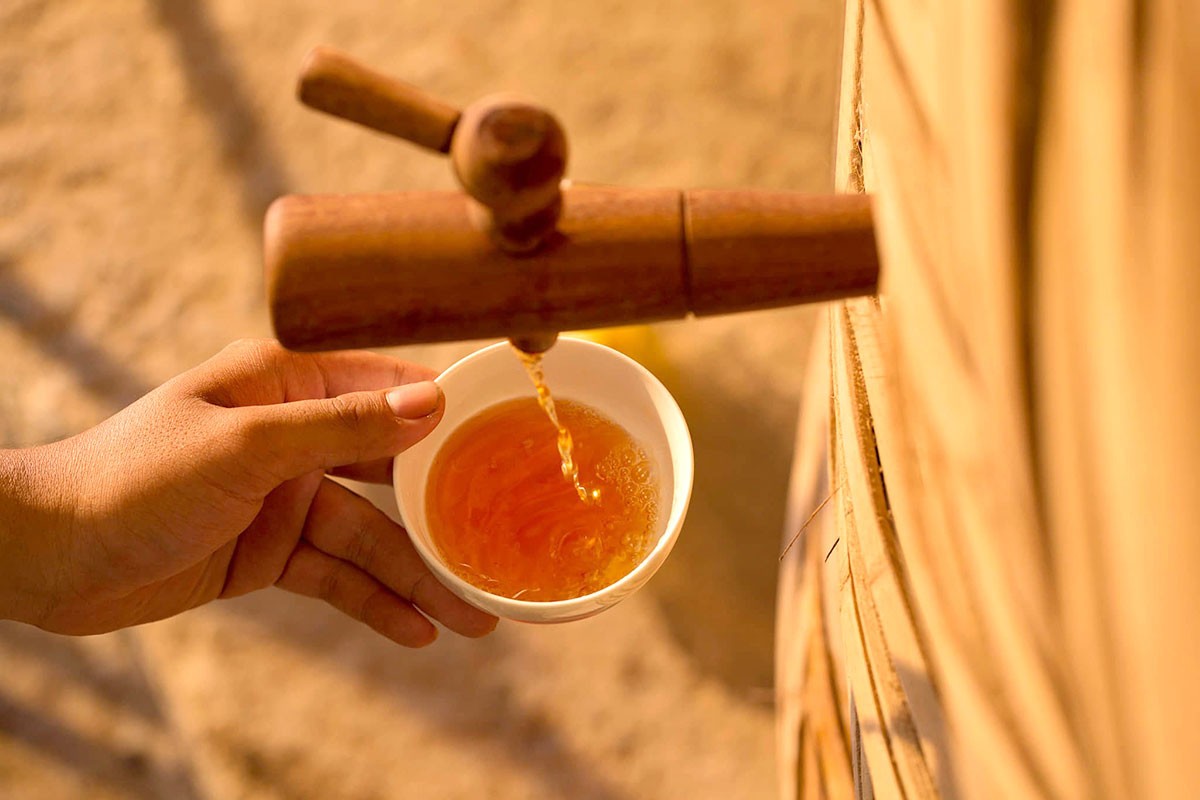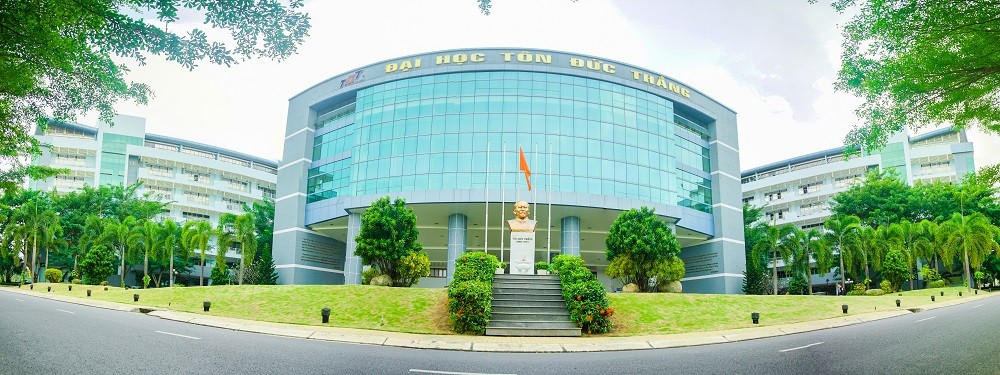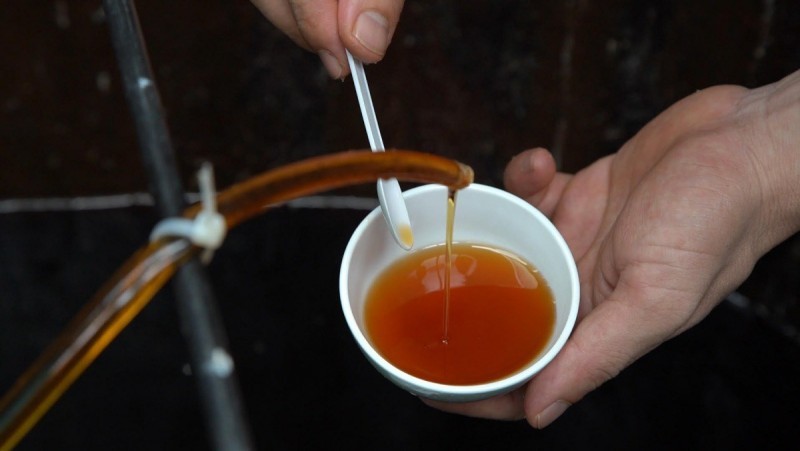Charcoal foods are all the rage – but are they bad for you?
Can it really help you detox, or is it doing more harm than good? CNA Lifestyle finds out what the black stuff can do to you.
 |
(From left) Charcoal lemonade and charcoal latte. (Photo: Facebook/Bourbon Street)
BLACK DETOX?
Charcoal tablets are common prescriptions for clearing up a bout of diarrhoea. But can this benefit be translated into drinks for detoxifying? Celebrities like Kim Kardashian are lapping up the "cleansing" ability of charcoal-infused beverages like charcoal lemonade. The reality-show actress is a fan of the drink and has said that "when I drink it, I feel cleansed and energised throughout the day".
Health experts have their doubts though.
"The use of charcoal as a food colouring has recently been popular," said Bibi Chia, principal dietitian at Raffles Diabetes & Endocrine Centre. "Apart from aesthetics, food manufacturers and cafes claim that it has some health benefits such as ‘detox’ effects. These statements are not supported by research and very much likely to be a fad."
The activated charcoal that goes into food, drinks and charcoal tablets is not the same charcoal that fuels your BBQ pit. "Activated charcoal is made from coconut shells, bamboo or plant materials that have been fired with oxygen to make it porous," said Jaclyn Reutens, clinical dietitian from APTIMA Nutrition & Sports Consultants.
 |
Activated charcoal powder. (Photo: goodness.com.au)
It is this porous nature of activated charcoal that helps to treat poisoning, bloat and excessive acidity in the stomach. The porous surface has a negative electric charge that causes positive-charged toxins and gas to bind with it. This action traps chemicals and toxins, and prevents them from getting into the bloodstream, she explained.
Secondly, for the toxins to be removed, they have to be in the stomach and intestines, said Reutens. If the toxins have already been absorbed into the bloodstream or have found their way into the body's tissues, they are unable to bind with the charcoal. So, it is unlikely that the activated charcoal is effective for getting rid of accumulated toxins, which detox remedies often claim to do, she said.
Chia added: "The term ‘cleansing’ or ‘detox’ is vague. I will not recommend taking charcoal in place of medication or a healthy diet to achieve a better health status".
TOO LITTLE TO MAKE A DIFFERENCE
Even though activated charcoal is used in food and drinks, the amount is insignificant for it to amount to any health or medical benefits.
Grace Kwok, the business development manager of food manufacturing company Swan Lake Food Industries Pte Ltd, said that a 1kg tub of activated charcoal powder, which the company uses to make more than 2,000 6-inch and 9-inch charcoal pizza bases daily, lasts more than three months. That works out to about 5mg of activated charcoal powder per pizza base. "A little goes a long way," she said.
In comparison, to treat diarrhoea in adults, you'd need two to four charcoal tablets, taken three or four times daily until the stools return to normal, according to mims.com, a website that provides health professionals with information on medicines. Since each tablet contains 250mg of activated charcoal, that's about 1,500mg to 4,000mg a day.
 |
Charcoal tablets. (Photo: healthybutsmart.com)
Treating gas or bloat takes a bit of activated charcoal too, typically one or two tablets for every two hours after a meal, according to the website. To treat intoxication, you'll need 0.5g to 1g of activated charcoal per kilogram of body weight.
CHARCOAL CAN INTERFERE
Despite its efficacy in treating digestive problems, activated charcoal shouldn't be taken as a daily supplement. This is because the charcoal can do its job too well and interfere with your body's absorption of nutrients - especially when you consume it together with food, or close to meal times. This also means that whatever Vitamin C you think you may be getting from the charcoal lemonade may not be absorbed by your body.
"Activated charcoal is designed to bind to substances, including vitamins and minerals, by the process of adsorption. It is not discerning enough to bind only to toxins and harmful substances. It binds with anything," said Reutens.
The same binding effect applies to supplements, medicines and oral contraception. To be certain, wait a few hours between taking charcoal tablets and your regular medicine, advised Reutens. Check with your doctor if you're unsure.
Furthermore, activated charcoal isn't without its side effects. These include vomiting, constipation, abdominal pain and bowel obstruction if not taken correctly. "Depending on the dosage and frequency, prolonged use can cause bowel obstruction, black stools, dehydration and electrolyte abnormalities because you are interfering with your normal bodily functions," said Reutens.
WHY THE OBSESSION WITH BLACK?
Not everyone wants charcoal-dyed food or drinks for wellness reasons. Swipe through Instagram and you'll see why. Whether it's a black swirl of soft serve in an equally black cone or golden uni in a black bun, the pictures grab your eye because the colour combination is unusual and striking for food.
"Black food actually provides a nice colour contrast," said Kwok. "A piece of charcoal tofu, for example, makes the accompanying vegetables on the plate appear greener and the overall dish more appetising. I see charcoal more as a food colouring rather than enhancing the dish's flavours. You may get a gritty texture but that's about it."
Kwok added: "So far, I have seen charcoal used in food such as tofu, ice creams, waffles, pizzas, buns and even a cheese that I saw in Bangkok. I didn't try it but I think the charcoal wouldn't add much in terms of flavours."
VNF/CNA
Recommended
 Handbook
Handbook
Vietnam's Fish Sauce Tops World's Best Dipping Sauces
 Handbook
Handbook
Four Vietnamese Universities Feature Among Asia's Top 200
 Handbook
Handbook
Water Puppet Show To Be The Highlight of Vietnam Day in Brazil
 Handbook
Handbook
Taste Atlas: Vietnam’s Fish Sauce, Fermented Dish Sauce Among World’s Best Dipping Sauces
 Handbook
Handbook
TasteAtlas: Four Vietnamese Dishes Among World’s 100 Best Dishes With Ginger
 Handbook
Handbook
Free Tickets to Taiwan Film Salon 2024 in Hanoi
 Handbook
Handbook
Ben Tre Delicacy Garners International Recognition
 Handbook
Handbook
